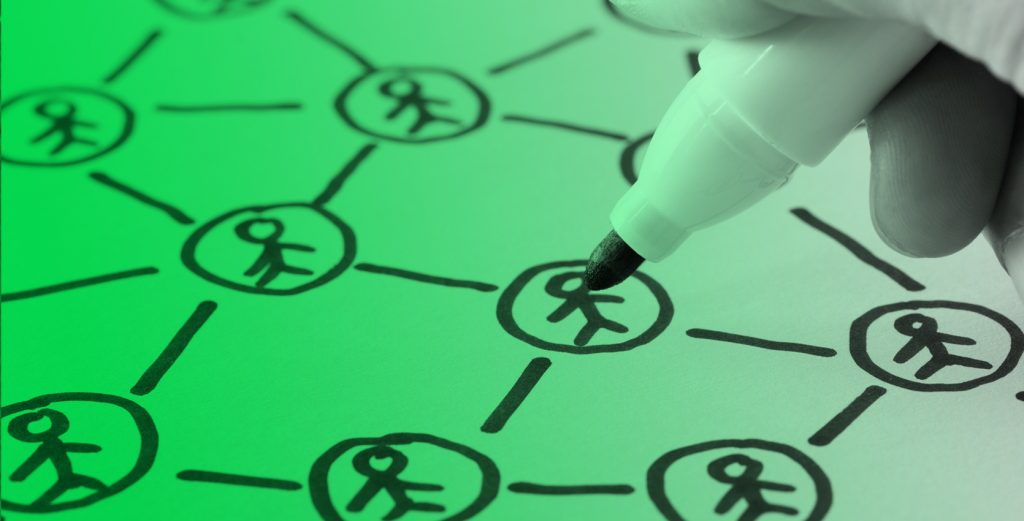
Strategic Segmentation Emotional, something wonderful is about to happen
Everything is volatile, everything is mobile, everything is flexible, everything is changeable, everything is dynamic, everything is active.
We have gone from more or less simple, tangible, enduring, timeless and mature markets needs to complex, intangible, unknown, with an extraordinary mental evolution, with new markets and forms of intelligent relationship.
 A consumer who learns on the fly with an adaptive process that was unthinkable 10 or 15 years ago. The old economy will never return and as Manuel Castells commented, “the network society emerges and expands as a dominant form of social organization in our time”.
A consumer who learns on the fly with an adaptive process that was unthinkable 10 or 15 years ago. The old economy will never return and as Manuel Castells commented, “the network society emerges and expands as a dominant form of social organization in our time”.
The implications of all of them are clear as we enter into a new relational paradigm of consumers with the products and brands that represent them.
And here comes the crux of the matter and I will use the genius of brands, John Grant, to illustrate thought.
What is a brand?
“A brand is a type of mental model and human beings (consumers) give meaning to the world through mental models.” This would be the answer of cognitive science, which is the branch of psychology linked to linguistics and anthropology that tries to determine how our mind works.
Learning is when someone changes their mental model, therefore, those brands or mental models that know how to adapt their offer to a new consumer model, in this changing, dynamic and flexible volatile environment, will be those that best survive in the coming years .
Contemplating brands from the logic of language, perception, culture, artificial intelligence and neurology will be the future basis of strategic market research.
Hence the need to link a way of understanding consumers from the perspective of an emotional strategic segmentation.
Within the equation of brand value a fundamental point are the emotional values, those that provide the real connection of the consumer with the same or with the value proposal used.
If our value is learning we must be able to understand that a market is no longer segmented based on static criteria, as affirmed by the AMA (American Marketing Assotiation), literally in English.
“To cope with this ever-changing scenario, marketing segmentation and targeting techniques are rapidly evolving, from traditional, static, demographic-based criteria towards dynamic, mood, lifestyle and psychographic influences. It is no longer a question of identifying your customers by age, geography or income, but looking into how and why they buy, based on their mood, beliefs and the occasion. ”
The technical approach should be based on the search for the optimal segment solution that explains our market from a relational point of view, which has to do with information gathering processes that provide us with value on different issues such as the mental outline of the decision and purchase process. , the desires and frustrations, the lived experiences, the adaptation of our offer to their lives, the stories that brands and consumption categories tell.
Let’s go out to the street, observe, experience and extract real conclusions from a world whose mental model has changed and where the discourse that our brand identifies with those consumers between 25 and 45 years old, of upper-middle class with family income exceeding 100,000 euros of habitats of more than 50,000 inhabitants.
The R-evolution of strategic market research is near where a concept of cognitive science will gain weight and where the ethnographic techniques of behavior analysis, the techniques of detection of values such as Laddering, the techniques of story recognition and metaphorical arousal will be keys, latent segmentation techniques
Neuromarketing is a quantitative science, not qualitative since with the established metrics you can determine patterns of behavior, mental maps and why not, segmentations of thoughts.
Do we dare to propose a world of advanced research? As Sony’s would say in the launch of Playstation … “Play?”.
Leave a reply